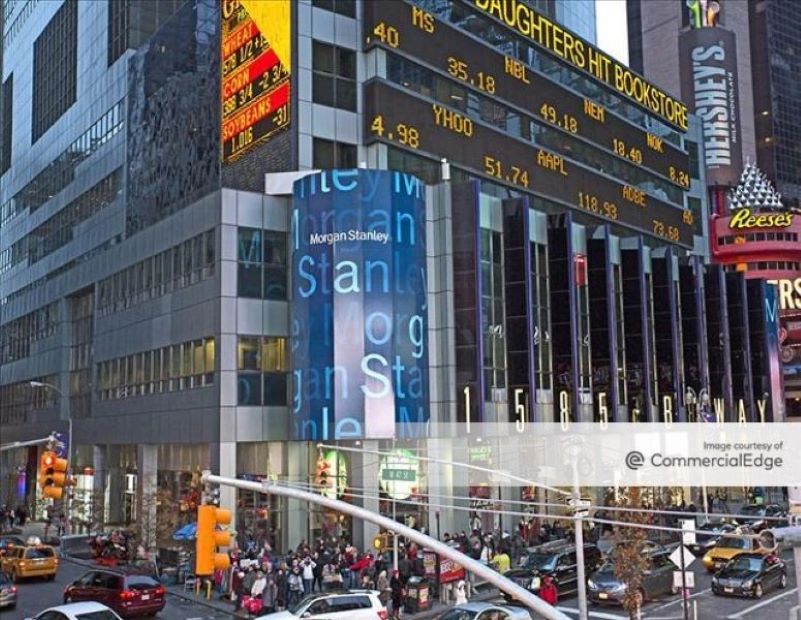Economic Update – Retailers See May Malaise
May comparable-store sales numbers are filtering down from various retailers, and the results aren’t inspiring confidence in the prospects for recovered consumer spending. Actually, most analysts expected average retail same-store sales to decline in May 2009 when compared with May 2008, but the trouble was they declined more than expected. On average, comps were down…
May comparable-store sales numbers are filtering down from various retailers, and the results aren’t inspiring confidence in the prospects for recovered consumer spending. Actually, most analysts expected average retail same-store sales to decline in May 2009 when compared with May 2008, but the trouble was they declined more than expected. On average, comps were down 4.8 percent in May at the 30 major retailers tracked by Thomson Reuters; analysts had predicted a 4.1 percent drop. In today’s climate, a decline of more than expected = bad news, while a decline of less than expected = good news. Target Corp., for instance, dropped a more-than-expected 6.1 percent in its May same-store sales, while Costco dropped 7 percent and Macy’s sales declined 9 percent. Wal-Mart Stores Inc., whose persistent upward sales track used to leaven the monthly same-store sales averages for the entire industry, doesn’t report monthly same-store sales figures any more. Wal-Mart has reported, however, that it will be hiring a net of 22,000 workers over the course of 2009, which was treated as news on Thursday, ahead of the next announcement by the U.S. Department of Labor about the latest increase in joblessness. By contrast, the retail behemoth hired a net of about 33,000 workers last year. Still, in this economy, jobs are jobs. The U.S. Securities and Exchange Commission said on Thursday that fraud was afoot at Countrywide, former purveyor of subprime mortgages and other ill-considered lending structures, back in that company early- to mid-2000s heyday. The commission has formally charged former Countrywide CEO Angelo Mozilo, along with former COO & president David Sambol and former CFO Eric Sieracki, as being the founts of the fraud. How so? According to the charges, the trio misled investors by lying on an epic scale–that is, asserting that Countrywide was mainly a prime-quality mortgage lender, while in fact serving up subprime mortgages as fast as pancakes at a church breakfast. (The SEC didn’t use quite that terminology.) Mortgage rates on genuine prime, 30-year sorts of mortgages rose again this week, up to an average of 5.29 percent, according to Freddie Mac. That’s the highest rate since the beginning of 2009, and doesn’t bode well for the glacial-slow recovery of the U.S. housing market, though it’s still less than this time last year, when rates stood at more than 6 percent. Wall Street had a slight up day on Thursday. The Dow Jones Industrial Average ended up 74.96 points, or 0.86 percent, while the S&P 500 gained 1.15 percent and the Nasdaq saw a 1.32 percent increase.






